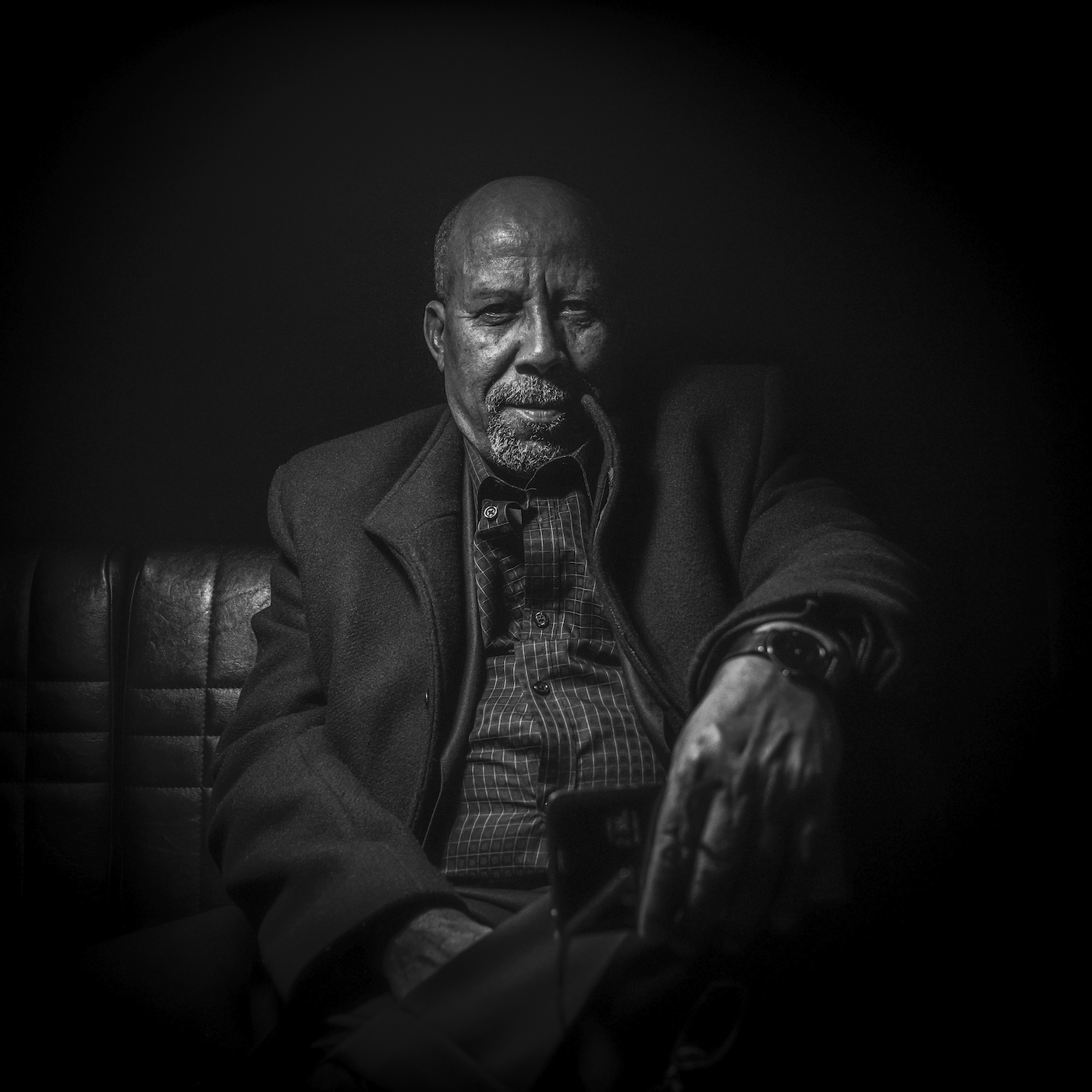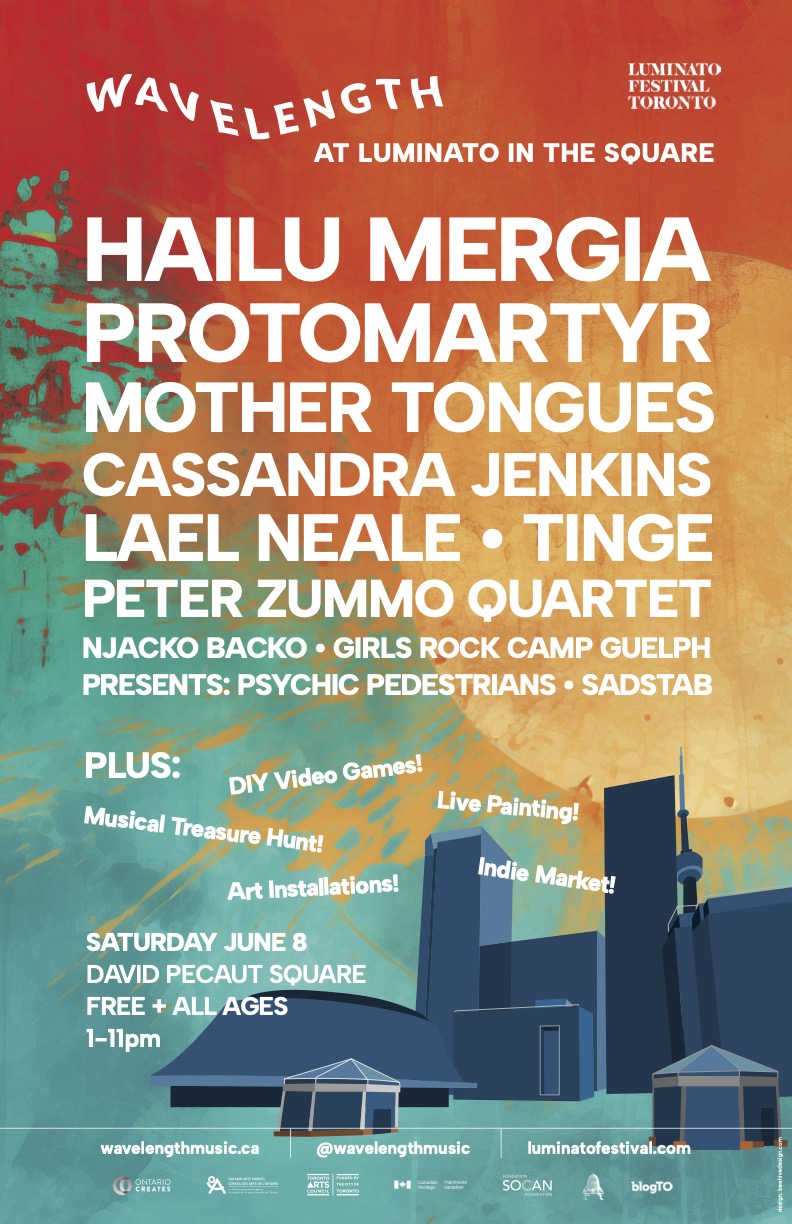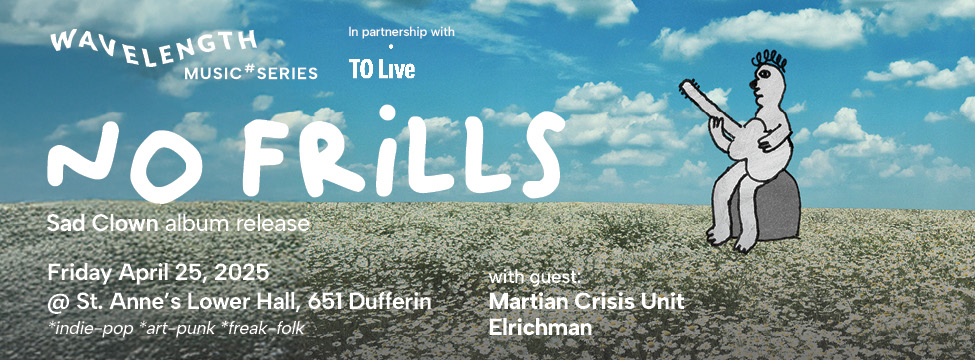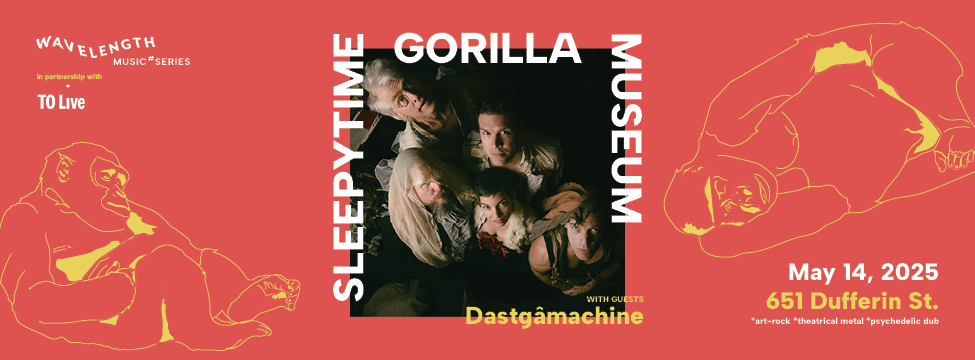Ethio jazz legend Hailu Mergia was born in 1946 in the Shewa Province of the Ethiopian Empire and moved to Addis Ababa at age 10. He had grown up on traditional Oromo, Amhara and Tigrinya songbook melodies, and taught himself the accordion at age 14. His mastering of the accordion, as well as the keyboard and his talent for “re-purposing folk songs into funkier modern melodies,” defined his contribution to popular music in Ethiopia. In the 1970s, Hailu Mergia was the keyboardist in the Walias Band, a jazz and funk band with a hard polyrhythmic funk sound influenced by western artists like King Curtis, Junior Walker and Maceo Parker. In the period, it was harder for working bands in the region to make a living, after Mengistu’s Derg government imposed breaks to Addis Ababa’s nightlife, but music was still being regularly recorded, and cassettes were the typical release format, given they were easy to duplicate and distribute. Walias Band had a 10-year residency at Addis’s Hilton hotel in this period.
Due to the Derg dictatorship, censorship was often a problem for the area’s musicians, but Hailu acknowledged one way around censorship was to only create instrumentals. Ethiopian music was typically led by a vocalist: just three instrumental albums were released during Addis’ “golden age” of music, including one of Hailu’s landmark albums with the Walias Band, Tche Belew (1977). As a side project, Hailu joined the Dhalak Band around this period and recorded the cassette-only Wede Harer Guzo (1978) with them, a jazz-infused album with a dominance of improvisation. Hailu’s organ work for the band was one of the Walias Band’s key characteristics, but during a 1980s tour of the United States, Hailu and several other members decided to stay in the US, effectively ending the band’s career, although their legacy in Ethiopia was strong by this point, especially via their 1977 instrumental “Muziqawi Silt.”
Several years after moving to the US, Hailu recorded a new album, Hailu Mergia & His Classical Instrument, in 1985. Though he stopped performing in 1991, opened a restaurant, and worked as a taxi driver, he continued to write music. Hailu Mergia & His Classical Instrument was re-released in 2013 on the Awesome Tapes From Africa label, after the label’s owner discovered the album in a cassette bin. This album was followed up in 2016 with a re-release of Wede Harer Guzo, which translates roughly to “Journey/Travel to Harar”, a town in Eastern Ethiopia. Wede Harer Guzo became his most popular release yet, with tracks reaching over 5 million streams. In 2018, his first new record in over two decades, Lala Belu, was released on the same label, with Hailu accompanied by Mike Majkowski and Tony Buck. This was followed in 2020 by a full-band album, Yene Mircha.






